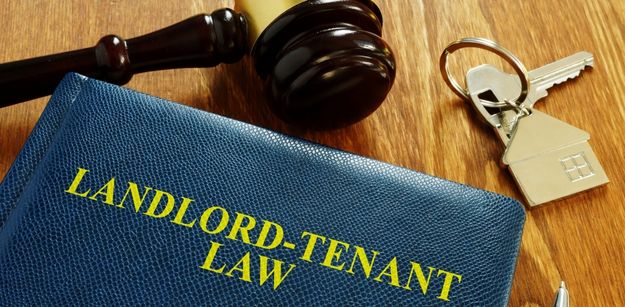As a first-time landlord, it can sometimes be somewhat overwhelming when it comes to preparing a property to let. Along with all of the other legal and, indeed, moral obligations to the tenancy agreement, there are also plenty of duties to perform for the tenants themselves.

With that being said, continue reading for a comprehensive guide to a landlord’s responsibilities to their tenants.
Legalities
If utilities are something that are included within the tenancy agreement, they should absolutely be registered under your name as the landlord, and conversely, if the opposite is true, that actively check to see that they are not.
When it comes to the legal safety codes which every landlord across the United States is legally obliged to follow, although some states and even individual cities have varying rules, most are of a standard.
All common areas must be kept safe and free from any hazards, window guards must at least be an option on all windows (even in ground-floor apartments), working carbon monoxide and smoke detectors must be installed, and no mold must be present.
Fire Safety
One of, if not the most important thing to remember is that your insurance, both in terms of what happens if your tenant accidentally or purposefully damages your property or else a fire breaks out, is from a reputable supplier such as kbdinsurance.com who will be able to help.
Never scrimp and save on matters pertaining to insurance, and you could even consider taking out comprehensive landlord’s insurance which specifically caters to people like you.
Privacy
The property you are renting to a single person, couple, or even a family with small children, once the tenancy agreement has been signed by both parties, is the private dwelling of your tenants, and as a landlord, you are only allowed to enter in the following circumstances:
- There is an emergency within the property
- You have arranged to show the property to new potential owners or tenants
- To assess required repairs or indeed to carry out repairs
Naturally, once the contract has been signed, you are obliged to adhere to the tenancy agreement right down to the proverbial letter. The relationship, which you should always endeavor to improve, between yourself and your tenants is essentially based on either the common law, statutory law, or the individual contract and lease which you have worked on together.
The Financials
You will hopefully already be aware that, when it comes to the financials, the only thing the tenant has to do is pay their monthly rent bill, and the mortgage payments still need to be covered by yourself.
Just like the mortgage on the property, all taxes due are also the responsibility of the landlord, and moreover, you may well experience legal ramifications from your tenant should the city, town, or bank foreclose on a rental property when taxes are not paid. Any issues whereby it is unclear as to whether the tenant is responsible for payment or the landlord should be avoided at all costs.